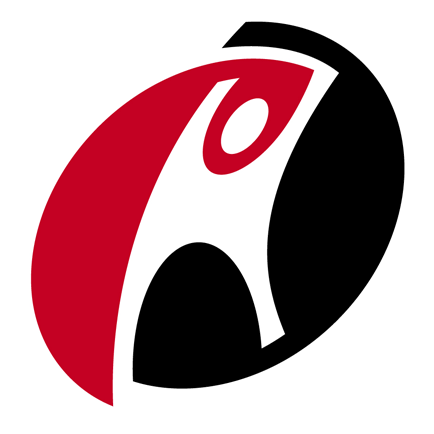 NEWS
NEWS
 NEWS
NEWS
 NEWS
NEWS
![]() Rumors have surfaced again that someone is trying to buy Rackspace. This time, according to The VAR Guy, rumors have been floating around that VMware is considering purchasing Rackspace to neutralize the perceived threat that the OpenStack project poses to VMware’s vSphere and vCloud. It’s not the first time acquisition rumors have floated, Dell is often cited as a suitor, but as The VAR Guy notes, Rackspace has always said it’s not for sale.
Rumors have surfaced again that someone is trying to buy Rackspace. This time, according to The VAR Guy, rumors have been floating around that VMware is considering purchasing Rackspace to neutralize the perceived threat that the OpenStack project poses to VMware’s vSphere and vCloud. It’s not the first time acquisition rumors have floated, Dell is often cited as a suitor, but as The VAR Guy notes, Rackspace has always said it’s not for sale.
The VAR Guy doesn’t think a VMware acquisition of VMware is likely. First of all, Rackspace doesn’t control OpenStack – there are over 100 different companies now behind the project. And possibly more importantly, VMware would end up competing with many of its existing cloud service partners. Combined with Rackspace’s general resistance to acquisitions, I have to agree it’s unlikely. But I can’t dismiss the possibility out of hand because:
1) VMware has been investing in its own public cloud offering with the Cloud Foundry platform-as-a-service. Meanwhile, Amazon Web Serivces has been expanding its own PaaS-like offering Elastic Beanstalk. AWS is building out its PaaS capabilities, but VMware has no public infrastructure-as-a-service offering.
2) Although there is now a huge number of companies supporting OpenStack, Rackspace has always been the most important company behind the project. Now that Citrix seems to be turning its back on the project, the project is vulnerable despite large companies like HP and AT&T paying lip service to OpenStack. As John Furrier has pointed out, signing on to support OpenStack doesn’t necessarily mean that much.
3) Let’s face it: it wouldn’t be the first time a vendor has gone into competition with its service partners.
4) Despite its leadership’s opposition to a takeover, Rackspace’s status as a public company means anything is possible.
I doubt this acquisition will happen, and I hope it doesn’t. It would be bad for customers in a number of ways.
Why does Rackspace matter to the CIO? Today many CIOs are considering moving to the public cloud to curb their CAPEX costs, but the real advantage may be in the ability to more easily deliver applications to mobile workers. Either way, there remain risks involved: such as security, availability and compliance.
Rackspace is a leading provider of public cloud services, and VMware is a major provider of the underlying software that goes into making cloud architectures. Major changes for either vendor could have a big affect on the marketplace that trickles down to customers thinking about making the jump to the cloud.
There are plenty of PaaS and IaaS vendors out there besides AWS, Rackspace and Cloud Foundry. But AWS currently seems to take the lion’s share of IaaS business, and hosts a huge number of third party PaaS services. Rackspace seems to hold its own IaaS market, and could be considered AWS’ closest competitor. Meanwhile, VMware takes the lion’s share of the hypervisor market and is a player in the emerging PaaS market. A VMware/Rackspace combination would be a formidable force in the market, and would make it harder for Joyent et al. to compete. That could lead to even more consolidation and less competition. That means higher prices and less favorable SLAs for CIOs.
Make no mistake: Rackspace pulling out of OpenStack would be very bad for the project. It might not be enough to kill OpenStack altogether, but it would definitely hobble it. And if Rackspace left the project, would Dell and Canonical stick around or move to Plan B? Plan B for Dell would very likely be VMware, and Eucalyptus for Canonical.
Since Eucalyptus is now partnered with Amazon Web Services it could prematurely become the de facto standard for open cloud infrastructures if OpenStack is out of the picture. There’s still hope in Joyent’s SmartDataCenter and Citrix’s CloudStack, and with the market so young it would be a shame for one project to gain a monopoly before the its competitors have a chance to gain traction.
In essence, if vendors standardize on a less favorable solution, CIOs are stuck paying for it and supporting it, or building something else in house.
Rackspace’s Linux servers run on Xen. If VMware acquired Rackspace it would likely want to migrate servers to VMware, which could not only cause service disruptions but also raise costs for Rackspace customers.
Customers weren’t happy when Rackspace merged Slicehost into Rackspace Cloud. I can only imagine how customers will react to being forced out of Rackspace into some new VMware IaaS.
THANK YOU